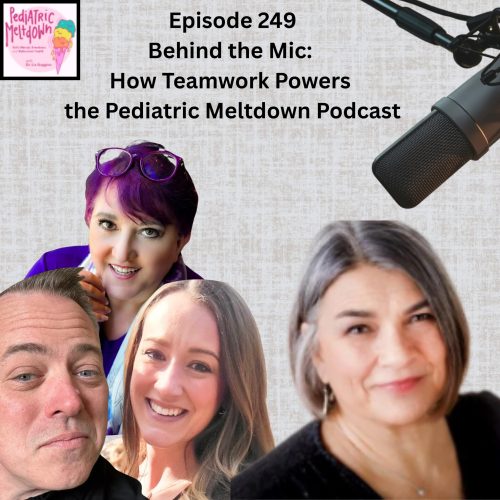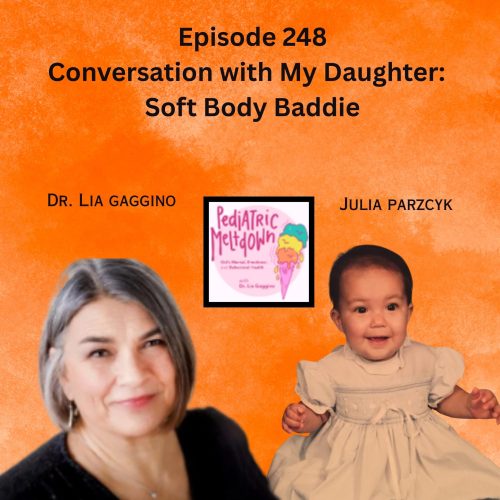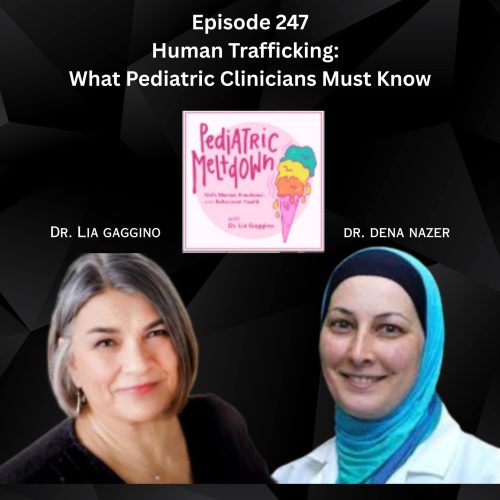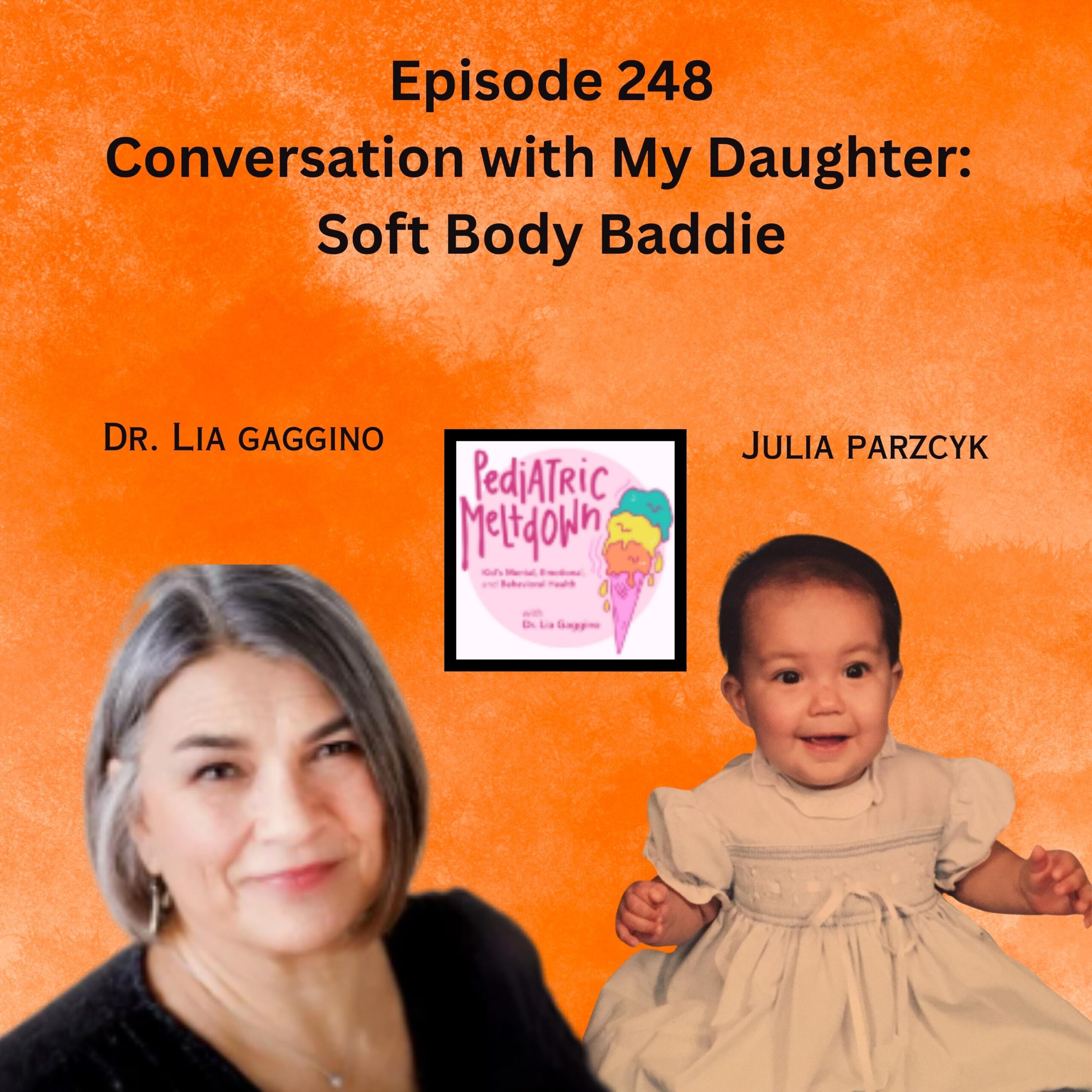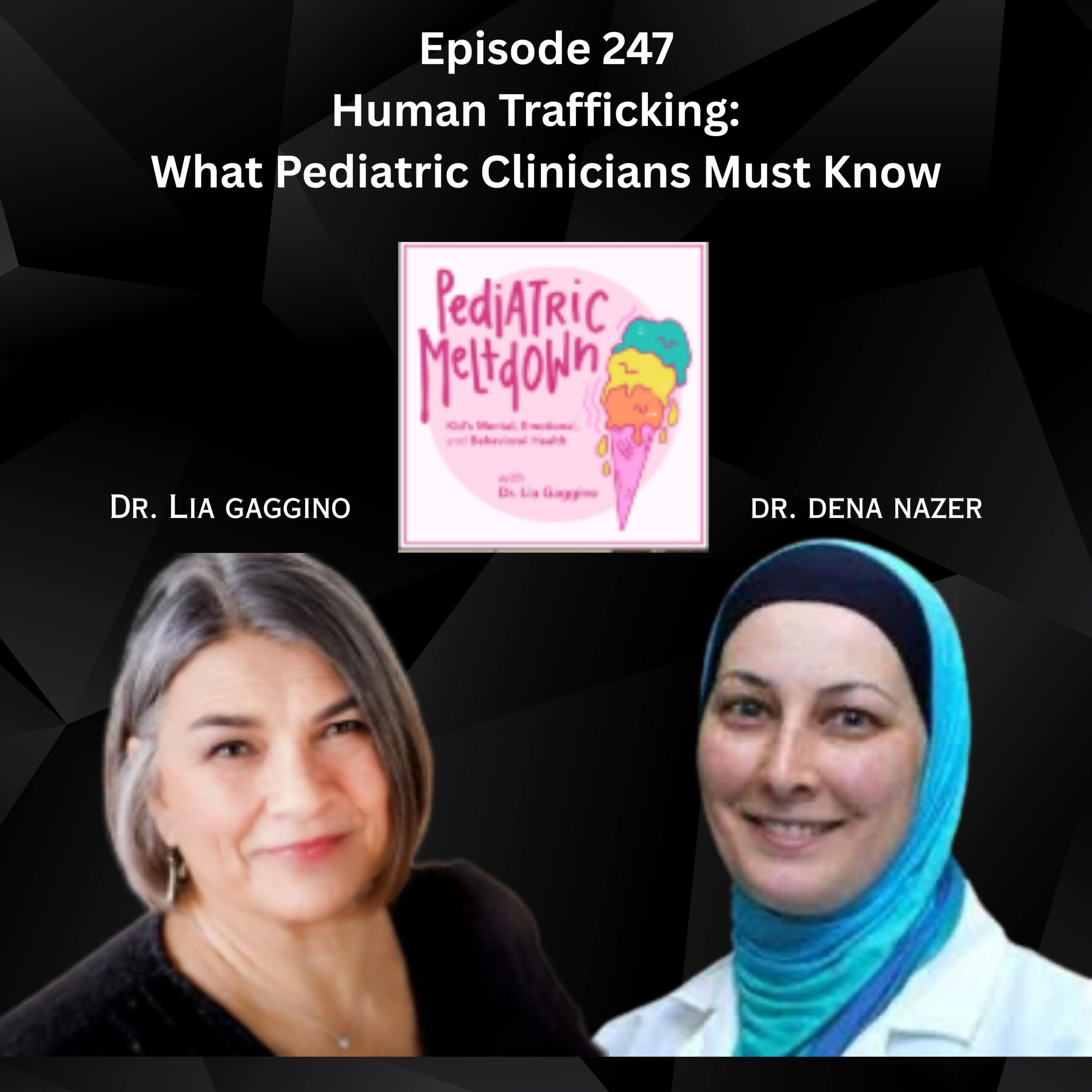In February of 2021, the AAP, NIMH, and the AFSP convened, along with over 100 clinicians, a workgroup with a shared goal and dream of compiling a roadmap for youth suicide prevention, and in March of 2022, the AAP Blueprint for Youth Suicide was released. This comprehensive body of work provides clinical pathways, initiatives for community partner collaborations, resources, and advocacy materials. Additionally, there is an extensive section on the epidemiology of youth suicide informed by a health equity lens. The panelists share the story of the creation of the Blueprint along with practical information on the navigation of the site.
Today we are joined by Dr. Lisa Horowitz, Dr. Christine Moutier, and Dr. May Lau
Dr. Lisa Horowitz is a Staff Scientist / Pediatric Psychologist in the National Institute of Mental Health Intramural Research Program at the National Institutes of Health. The major focus of Dr. Horowitz’s research has been the detection of suicide risk in the medical setting. She is the lead PI on six NIMH suicide prevention protocols that involve validating and implementing the Ask Suicide-Screening Questions (ASQ) in the ED, inpatient medical/surgical, and outpatient primary care settings. Dr. Horowitz is collaborating with hospitals, outpatient pediatric clinics, and school settings around the country, assisting with the implementation of suicide risk screening and management of patients who screen positive using the ASQ Toolkit and Youth Suicide Risk Screening Clinical Pathways
Dr. Christine Yu Moutier, Chief Medical Officer of the American Foundation for Suicide Prevention, knows the impact of suicide firsthand. After losing colleagues to suicide, she dedicated herself to fighting this leading cause of death. Dr. Moutier has served as UCSD professor of psychiatry, dean in the medical school, medical director of the VA Psychiatric Unit, and has been clinically active with diverse patient populations, such as veterans, Asian refugee populations, as well as physicians and academic leaders with mental health conditions. She has presented at the White House, testified before the U.S. Congress, and has appeared as an expert in The New York Times, The Washington Post, Time magazine, The Economist, The Atlantic, the BBC, and CNN.
May Lau, MD, MPH, is an Associate Professor in the Department of Pediatrics at the University of Texas Southwestern Medical Center and the medical director of the Adolescent and Young Adult Program at Children’s Medical Center Dallas, where she provides care for adolescent females and males, including sexual and gender minority youth. Dr. Lau co-chairs the American Academy of Pediatrics (AAP) Texas Pediatric Society (TPS) Committee on Adolescent and Sports Medicine, has been elected to the AAP Section on Adolescent Health Executive Committee and is a fellow of the Society of Adolescent Health and Medicine. She educates fellows, residents, and medical students on the specialized care of adolescents. Her research focuses on a variety of areas including adolescent mental health and gender-affirming care. Dr. Lau has spoken at national meetings on a variety of adolescent medicine topics including mental and sexual and reproductive health.
Key Highlights:
[00:00 – 18:43] Pediatricians Tackle Suicide Prevention
- The project, which was called the \”Blueprint for Youth Suicide Prevention,\” was spearheaded by the American Foundation for Suicide Prevention and the National Institute of Mental Health and was completed in March 2019.
- The summit, which was held in February of 2019, brought together a diverse group of pediatricians to discuss ways to prevent suicide in youth.
- The final product of the summit was a blueprint for suicide prevention that has been implemented by many different organizations.
[18:43 – 27:10] Pediatricians can use this blueprint to screen for suicide in their practice
- The Equity Lens was a new term for me, and one that I found fascinating.
- Participants brought up issues such as socioeconomic class, race, culture, gender, and sexual orientation, and all youth are at risk for suicide.
- The Equity Lens was pulled into the final blueprint helpfully.
- Pediatric health providers (including primary care physicians) can use the blueprint to screen for suicide in their practice without overwhelming themselves.
- Tools and practices that have been tested through research are recommended.
[27:12 – 35:21] AAP Recommends Universal Suicide Screening for Kids at Age 12
- Suicide prevention is a key priority for pediatricians and other health practitioners, and the text provides a roadmap for engaging community partners to help reduce the national rate of suicide.
- Screening all kids for depression at age 12 and beyond, and notes that this should not be seen as an emergency.
- There are three sections in the text dedicated to clinical practice, community engagement, and resources for pediatric health providers.
[35:21 – 43:23] Pediatric Health Providers Can Help Reduce Suicide Risk in Rural Areas
- Pediatric health providers can help reduce suicide risk by providing access to mental healthcare, safety planning, and lethal means safety counseling.
- Rural youth and LGBTQ+ youth are at increased risk for suicide, and more research is needed to understand these populations better.
[43:23 – 51:24] Pediatricians Can Play a Vital Role in Suicide Prevention
- Calm is a free resource that includes information on suicide prevention and mental health resources.
- Crisis text kids will use a text to contact the crisis text line.
- There are many culturally specific suicide prevention resources available, including for African American populations.
- Pediatricians can help increase suicide prevention by being aware of the signs and symptoms of suicide, screening for suicide risk, providing brief safety planning with the child and family, and educating parents about suicide.
[51:24 – 59:43] AAP Blueprint for Youth Suicide Prevention: A Comprehensive Resource for Clinicians
- The AAP created the blueprint for youth suicide prevention in partnership with the National Institute of Mental Health and the American Foundation for Suicide Prevention.
- The summit was convened in February of 2021 and focused on reducing youth suicide.
- The blueprint was released in March of 2022 and is a user-friendly, comprehensive living site for youth suicide prevention.
- All youth are at risk for suicide, and it is important to ask about suicidal ideation if you are not sure.
- Clinicians should screen for suicidal ideation, assess risk, create a planned referral, and follow up with the patient.”
- Closing segment
- Final Words
- Many Thanks to Our guest panels!
- In partnership with AAP, AFSP, and NIMH: Created a roadmap to reduce youth suicide.
- The Summit which started in February 2021 has brought together this diverse group
- with the same agenda and a hugely collaborative effort to produce a user-friendly, comprehensive living site for youth suicide prevention,
- All youth are at risk for suicide.
- Explore the clinical pathway. This includes screening, tiered risk assessment, and disposition.
- Check out and share the community engagement and partnership piece.
- Review the resources and opportunities for advocacy and policy change.
- Consider high-risk populations.
- Learn epidemiology and be an expert on suicide prevention.
- Consider high-risk populations.
- Don’t forget about caring contacts and follow-up.
- Don’t let perfect be the enemy of the good start somewhere. Check out the blueprint and commit to change.
Key quotes:
“There’s just like an infinite distance between doing nothing and doing something and the distance between doing something and doing something perfectly is small. There’s no perfect. There’s just being present and listening and getting them help.”
– Dr. Liza Horowitz
“One of the key steps in suicide prevention is identifying risk as it is emerging.”
– Dr. Christine Moutier
“If you could even take a few minutes alone to talk to, your child or adolescent in your clinic they may tell you things. You would not have known”
Dr. May Lau
Connect With Them!
Dr. Lisa Horowitz: LinkedIn
Dr. Christine Moutier twitter: @cmoutiermd , @AFSPNational
Dr. May Lau Twitter: @DrMayLau
Resources Mentioned:
AAP Blueprint for Youth Suicide Prevention: https://www.aap.org/en/patient-care/blueprint-for-youth-suicide-prevention/
NIMH ASQ Toolkit: https://www.nimh.nih.gov/research/research-conducted-at-nimh/asq-toolkit-materials
American Foundation for Suicide Prevention: https://afsp.org
Trevor Project: https://www.thetrevorproject.org
Suicide Prevention Lifeline: 988 resources https://suicidepreventionlifeline.org/professional-initiatives/
Crisis Text: 741741 “HELP” or “AYUDA” (Spanish for help)
THANK YOU FOR YOUR SUPPORT!
Pediatric Meltdown was listed as a Top 20 Pediatric Podcast on FeedSpot.
If you’d like to connect with me, you can find me on LinkedIn, Facebook, Instagram, and Twitter, or email me at gagginol@medicalbhs.com or gagginol@yahoo.com. To learn more about me visit https://www.medicalbhs.com/
LOVE WHAT YOU HEARD? Leave us a 5-star review so we can continue to provide you with great content. Share this episode and help people know more about children’s health and well-being.



